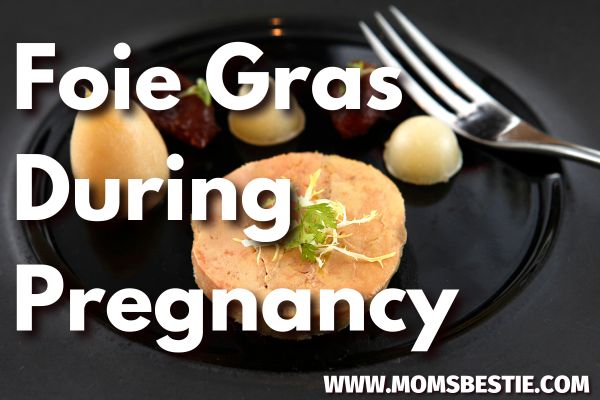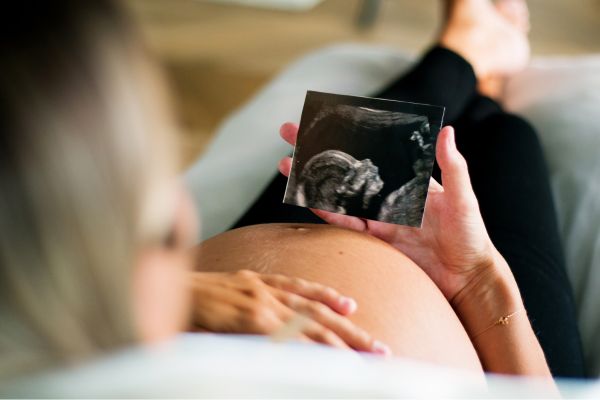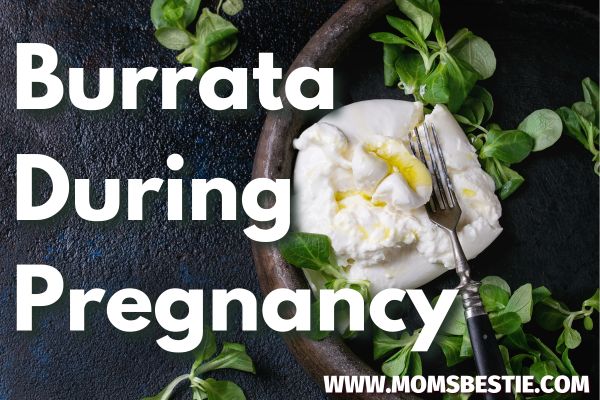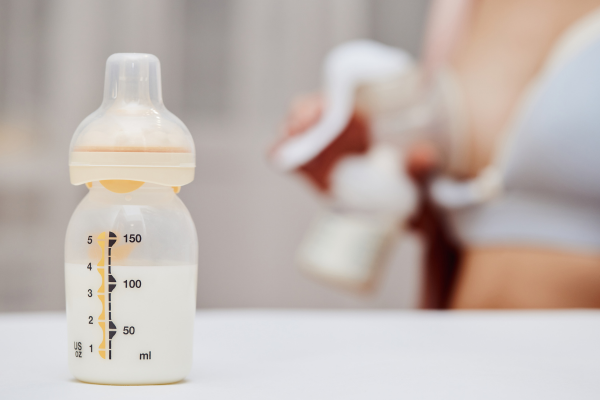Is Foie Gras Safe To Eat In Pregnancy?

As a mother-to-be, I’m sure you’re constantly looking for ways to ensure the safety and health of your unborn baby.
While you may be craving all sorts of indulgent dishes, it’s essential to know what foods are safe to consume during pregnancy.
I too had a desire to explore new cuisines and taste unique dishes during my pregnancy. One such dish that caught my eye was foie gras.
Foie gras, a delicacy made from the liver of a duck or goose, may be tempting, but it’s not safe for pregnant women.
In this article, we’ll explore why foie gras is unsafe during pregnancy and offer some safe alternatives to satisfy your cravings.
What Is Foie Gras?
Foie gras is a luxury food item made from the liver of a duck or goose that has been specially fattened.
The process of making foie gras is controversial and often considered inhumane by animal welfare advocates.
It involves force-feeding the birds using a process called “gavage,” where a long tube is inserted into the bird’s esophagus and a mixture of corn, fat, and other nutrients is pumped directly into the stomach.
This causes the liver to expand and become abnormally large, resulting in the rich, buttery taste that foie gras is known for.
The process of force-feeding can cause injury and infection to the birds, and the high levels of fat and calories in foie gras can contribute to health problems such as obesity and heart disease in humans and is banned in many countries.
What Nutrients Does Foie Gras Contain?
The nutrient content of a single serving of foie gras can vary depending on the serving size and the specific product.
However, on average, a 3.5-ounce (100-gram) serving of foie gras might contain:
- Calories: 460
- Fat: 45 grams
- Protein: 7 grams
- Carbohydrates: 1 gram
- Cholesterol: 365 milligrams
- Iron: 6% of the recommended daily intake
- Vitamin A: 130% of the recommended daily intake
*These are approximate values*
Why Is Eating Foie Gras Risky For Pregnant Women?

Eating foie gras during pregnancy can pose several risks to both the mother and the baby.
It is high in fat and calories, which can contribute to excessive weight gain during pregnancy.
This can increase the risk of gestational diabetes, high blood pressure, and other complications that have serious health implications for both the mother and the baby.
It can be contaminated with harmful bacteria and other pathogens, which can cause foodborne illnesses.
For instance, it can be a source of Campylobacter, a type of bacteria that can cause diarrhea, abdominal pain, and fever.
It can also contain Listeria, a type of bacteria that can lead to severe complications in pregnant women, such as miscarriage or stillbirth.
Other potential pathogens that can be found in foie gras include Salmonella and E. coli, which can cause a range of symptoms from mild gastrointestinal distress to more serious complications such as kidney failure.
The process of force-feeding the birds to produce foie gras can also result in liver disease and other health problems in the animals.
When pregnant women consume foie gras, they run the risk of exposing themselves and their unborn babies to these potential health hazards.
Vitamin A is essential for the healthy development of the baby’s eyes, bones, and skin but consuming too much of it during pregnancy can lead to birth defects and developmental problems.
Foie gras is particularly high in Vitamin A, which means that pregnant women should be cautious about consuming it in large quantities.
What Are The Risky Types Of Foie Gras For Pregnant Women?
Foie gras is a luxury food that comes in various forms.
Each type of foie gras has its own unique texture and flavor profile, but they all share a commonality in being made from the liver of a force-fed duck or goose.
These delicacies are popular among food enthusiasts and connoisseurs, but they pose a significant health risk to pregnant women.
Here are a few common types of foie gras preparations:
1. Torchon
Torchon is a type of foie gras pate that is wrapped in a cloth and poached. This process creates a smooth texture.
It can also be served cold and sliced, or it can be lightly seared and served warm.
2. Terrine
This type of foie gras is usually served cold as a pate.
To make it, the foie gras is blended with other ingredients such as spices, herbs, and wine.
Then, it is cooked in a loaf pan until it is firm. Once cooled, it can be sliced and served with bread or crackers.
3. Mi-cuit
Mi-cuit is a semi-cooked foie gras that is prepared by slow-cooking the liver at a low temperature.
Once cooked, it is allowed to cool to room temperature before being served.
This type of foie gras has a soft, spreadable texture and a delicate flavor.
4. Canned
Foie gras is also commonly sold in cans, which are a convenient way to store and serve the product.
Canned foie gras can be either whole liver or a pate-like mixture, and is often used as a gourmet ingredient in recipes such as pastries, sauces, or spreads.
Pregnancy-Safe Dishes Similar To Foie Gras
As foie gras is not recommended for pregnant women, it’s important to find safe alternatives that still provide a similar taste experience.
Here are a few dishes that may satisfy your craving for rich and indulgent flavors without putting you or your baby at risk:
Note: Use pregnancy-safe ingredients and cook everything thoroughly.
Mushroom And Truffle Pâté
This vegetarian pâté combines mushrooms, truffles, and herbs to create a savory and indulgent spread that can be enjoyed on bread or crackers.
Beef With Mushroom Sauce
This dish features beef served with a rich and flavorful mushroom sauce.
While it does not have the same texture as foie gras, the rich flavor profile can still satisfy your craving for something decadent.
Grilled Eggplant With Miso Glaze
Grilled eggplant can provide a rich and meaty texture that is similar to foie gras.
Drizzle it with a sweet and savory miso glaze for an extra burst of flavor.
Wrapping It Up!
Foie gras can be a delicious and indulgent treat, but it’s important to be aware of the potential risks, particularly during pregnancy.
It’s best to stick to fully cooked, pasteurized options, and to always read the label carefully to ensure that you’re making a safe choice.
Read Next:
– Is Burrata Pasteurized (And Can You Eat It When Pregnant?)
-Can You Eat Prosciutto While Pregnant?
Disclaimer!!
This article is intended for informational purposes only and should not be considered as medical advice. If you are pregnant or have any health concerns, please consult with a healthcare professional before consuming foie gras or any other food item.





